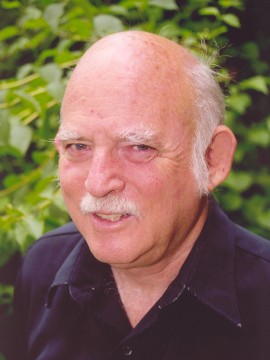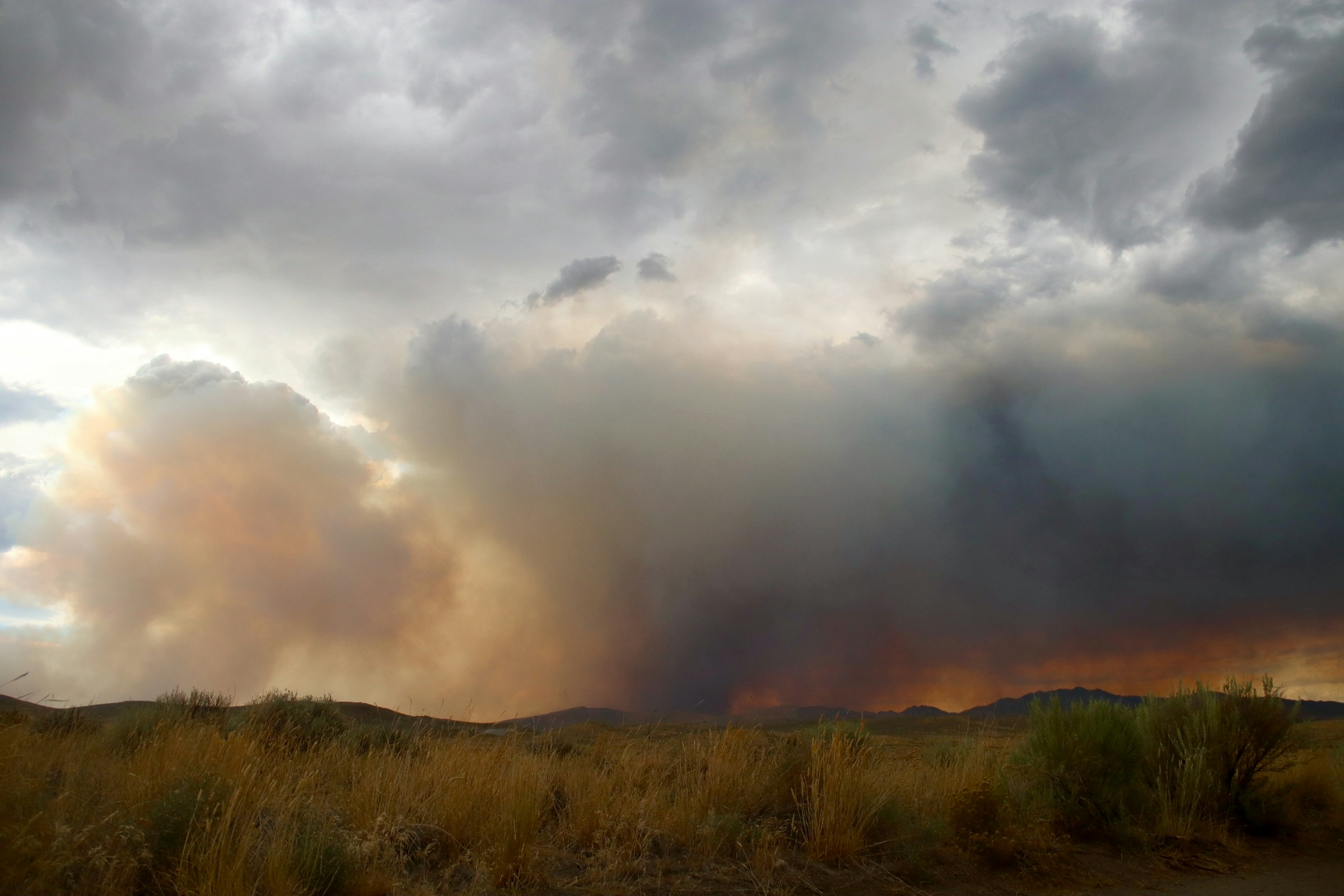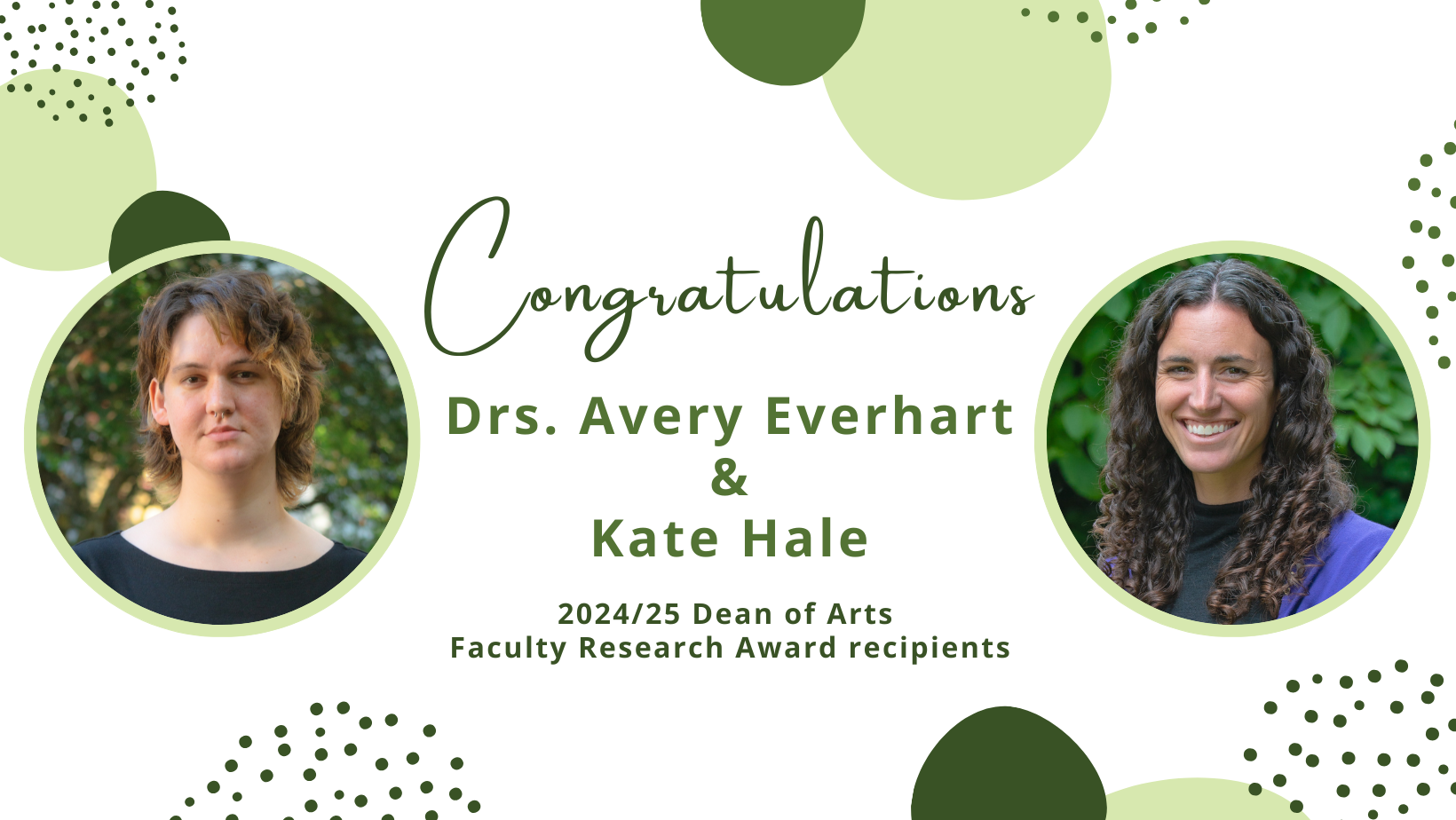This seminar was delivered via Zoom on February 5th 2021, hosted by the UBC Institute for Oceans and Fisheries.
How can we work towards decolonizing conservation?
This is a key question for PhD candidate Sara Cannon, and one which informs her research on coral reefs – conducted jointly at UBC Geography and the UBC Institute for Oceans and Fisheries.
Despite her research in Micronesia stemming from a collaboration with a local organization – One People, One Reef – Sara hadn’t been introduced to any critiques of conservation science before she began working as a teaching assistant for human geography courses at UBC.
“The fact that I was able to graduate with a marine biology degree, and with experience doing conservation work, without knowing any of the history of how conservation has been used to continue to harm and oppress specific groups of people is deeply problematic.”
In her effort to expand her own understanding, and build decolonization into her scientific practice, Sara has since built and maintains a freely accessible reading list on Decolonizing Conservation.
In this talk, Sara shares some of what she has learned through this process. She addresses some key issues with the foundational concepts of Western-led conservation; namely that nature is separate from humans, the role of white supremacy in the conservation movement, and the role of colonialism and eugenics in determining what is ‘natural’ and worthy of protection.
For non-Indigenous scientists, decolonizing conservation practice is, she emphasizes, a constant process of listening to and following Indigenous leaders doing conservation work, questioning our own assumptions as scientists, and thinking about who benefits and who is harmed by our actions.
This is work that is never complete, but instead should form the framework of our scientific practice.
You can watch the full talk above, learn more about Sara’s work on her website, and access the Decolonizing Conservation reading list here.
The Centre for Indigenous Fisheries was recently launched at UBC, with conservation biologist and Nisga’a Nation member Dr. Andrea Reid joining as Principal Investigator.


